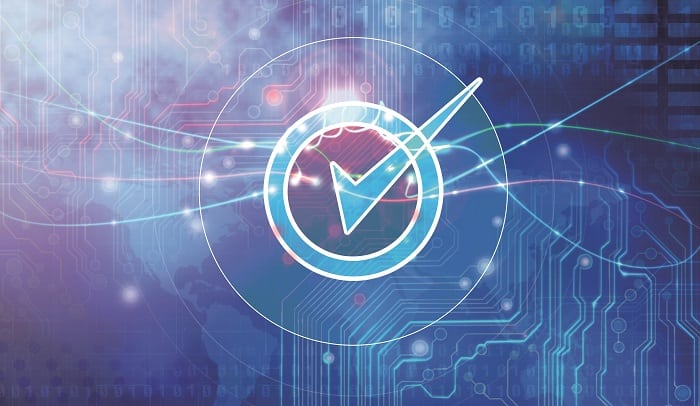The London-based fund transaction house announced it will be migrating its network onto a private and permission based infrastructure to create a global marketplace for mutual funds.
Currently, Calastone connects more than 1,300 financial services organisations across 34 markets and helps facilitate more than £80bn of trades per month.
Harnessing the technology used by cryptocurrencies like bitcoin, counter parties on its platform will be able to “connect, interact, process and settle transactions digitally”, peer to peer without an intermediary. As with bitcoin transactions, mutual fund trades are verified by the network and recorded on the blockchain or distributed ledger, which can be publicly accessed by all users.
Back in June, Calastone successfully completed the first phase of its blockchain distributed market infrastructure (DMI) proof of concept (PoC), testing the feasibility of the technology for the trading and settlement of mutual funds.
According to the firm, the results of the PoC have “proven the performance capabilities that enable the processing of transaction volumes and fund flows to be many times greater than are expected today, demonstrating scalability of the new infrastructure”.
By adopting blockchain technology for its mutual funds platform, Julien Hammerson, chief executive Calastone said the team’s goal was to create a “friction-free trading” method in an industry plagued with high costs and regulatory pressures.
“As an industry sector under increasing cost, operational and regulatory pressures – with the advent of GDPR and the imminent introduction of Mifid II – Calastone recognises that blockchain can provide much needed relief for the funds market in reducing the cost of friction-free trading and the total cost of ownership, whilst delivering the speed of service and regulatory transparency, which will soon be a basic pre-requisite worldwide.
“In making this first step using blockchain, we are providing our customers with the requisite tools they need, to be future-ready,” he continued.
“We are delivering a solution that will not disrupt the current connectivity and interaction our customers have with our network, rather putting them in pole position to make the step change to the blockchain when timely and additive to their specific objectives and requirements.”










